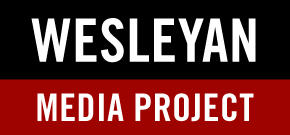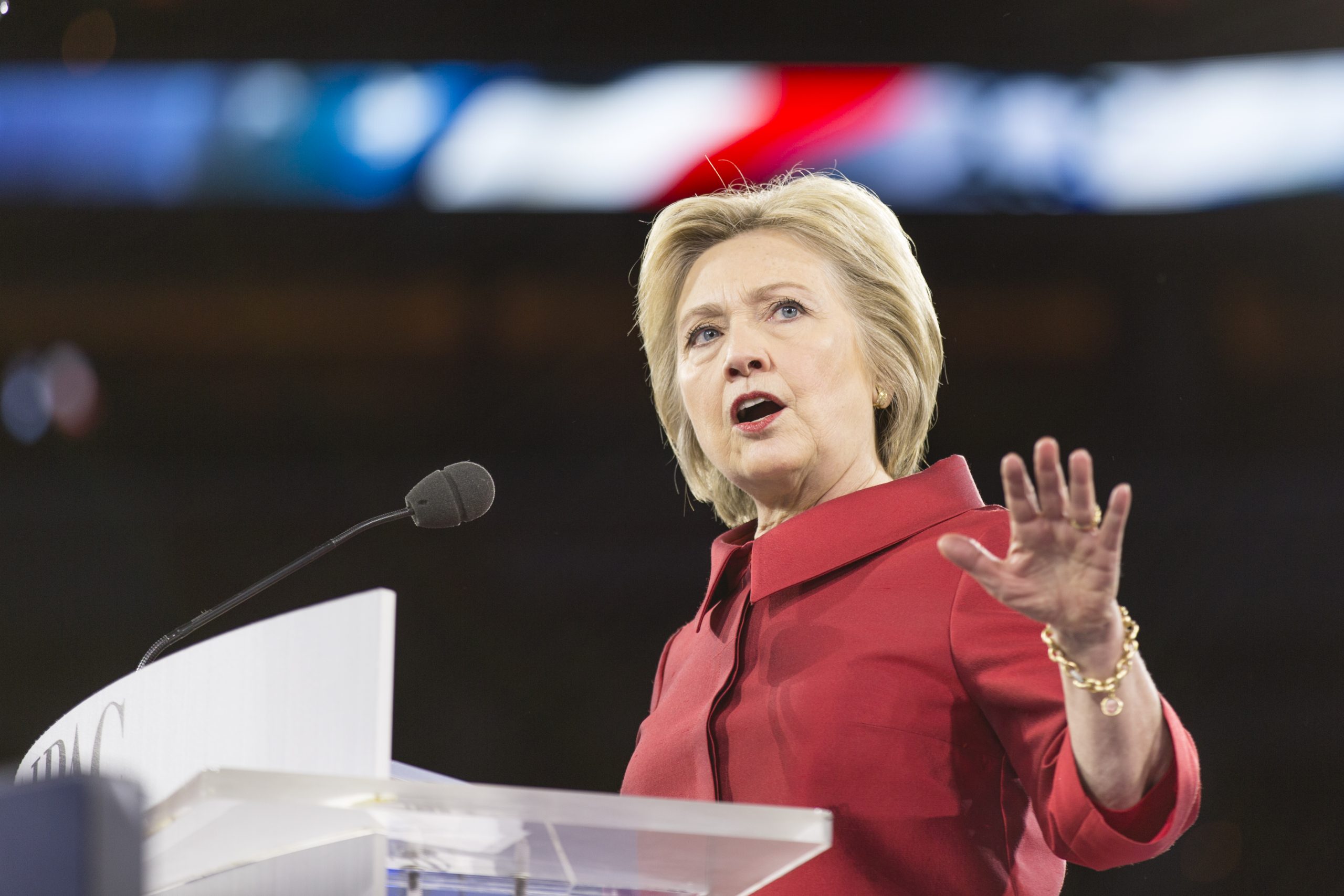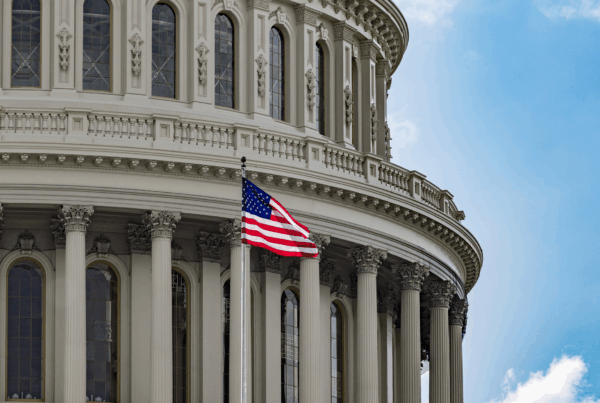Photo: Lorie Shaull
(MIDDLETOWN, CT) February 25, 2020 – Michael Bloomberg’s recent political ad, which portrays Donald Trump as a bully, has prompted discussion on social media about the effectiveness of personal versus policy attacks. Many of these discussions invoked a Wesleyan Media Project analysis from 2016 published in The Forum. In this research, we demonstrated that Clinton ran one of the most unusual presidential advertising campaigns in recent history by focusing overwhelmingly on personal characteristics of her opponent, Trump.
While our 2016 study did not speak to effectiveness of personal versus policy ads, there is evidence that candidates suffer backlash from sponsoring negativity and that policy-based criticism is often seen as helpful unlike trait-based attacks, which are viewed as unfair. That is not the same thing as saying personal attacks are ineffective, and in fact, there is evidence that Clinton’s ads were effective.
It is important to keep in mind, however, that ads are not all equally effective and are not equally effective across individuals. If ads are particularly important informational supplements for citizens who pay little attention to politics and policy information is helpful, then the lack of policy-based messaging from the Clinton campaign – given the resonance of the email scandal in voter’s minds – may have been important. In a new analysis in Figure 1, we show that the Clinton’s focus on the personal was especially prominent during the final weeks of the campaign.
Figure 1: Volume and Focus of 2016 Presidential Ads by Candidate

Source: TV (including national network, national cable and broadcast) data come from Kantar Media/CMAG with analysis by the Wesleyan Media Project and include candidate-sponsored ads between June 12, 2016 and Election Day (November 8, 2016). Data visualization work by Conner Sexton ’20 and Colleen Bogucki. Note: inter-coder reliability assessments of the policy/personal/both classification is generally weaker than for other more objective assessments of ad content, but we have also asked this question in nearly every election cycle for which we have data, allowing us to baseline breakdowns of this distribution across campaigns and cycles. Also note that weeks are defined as Sunday to Saturday, so the final week is abbreviated to Tuesday, November 6.
The left panels of Figure 1 show weekly counts of Clinton and Trump airings from early June 2016 to Election Day broken down by whether coders assessed the ads as being primarily about personal characteristics of the favored or opposed candidate; primarily about policy issues; or substantially about both personal characteristics and policy. The right panels show the percentage of ads in each category by week.
Clinton’s focus on personal characteristics, shown in black, is striking. While Clinton’s ads did discuss policy during the middle of the summer, in the final ten days of the campaign, Clinton focused on policy matters in only 1 in 10 ads. About 90 percent of her ads in the closing days of the campaign focused on Trump’s personal deficiencies (and to a lesser extent, her own virtues).
The volume of Trump advertising was much less, but it was also much more focused on policy (shown in white). A considerable percentage of Trump ad airings toward the end of the campaign were equally focused on policy and candidate characteristics (shown in grey) .
Again, this evidence does not speak to the relative effectiveness of personally-focused attacks relative to substantive policy, but given public attention to Clinton’s email scandal, there were very few messages on air in the closing weeks that conveyed a substantive vision in favor of Clinton that might have countered this attention.
About This Report
The Wesleyan Media Project (WMP) provides real-time tracking and analysis of political advertising in an effort to increase transparency in elections. Housed in Wesleyan’s Quantitative Analysis Center (QAC) – part of the Allbritton Center for the Study of Public Life – the Wesleyan Media Project is the successor to the Wisconsin Advertising Project, which disbanded in 2009. It is directed by Erika Franklin Fowler, associate professor of government at Wesleyan University, Michael M. Franz, professor of government at Bowdoin College and Travis N. Ridout, professor of political science at Washington State University. WMP personnel include Laura Baum (Project Manager), Colleen Bogucki (Project Coordinator), Pavel Oleinikov (Associate Director, QAC), and Courtney Page-Tan (Post-Doctoral Fellow).
The Wesleyan Media Project is supported by Wesleyan University, the John S. and James L. Knight Foundation, and the Democracy Fund. WMP is partnering again this year with the Center for Responsive Politics, to provide added information on outside group disclosure.
Periodic releases of data will be posted on the project’s website and dispersed via Twitter @wesmediaproject. To be added to our email update list, click here.
For more information contact:
media@wesleyan.edu.
About Wesleyan University
Wesleyan University, in Middletown, Conn., is known for the excellence of its academic and co-curricular programs. With more than 2,900 undergraduates and 200 graduate students, Wesleyan is dedicated to providing a liberal arts education characterized by boldness, rigor and practical idealism. For more, visit wesleyan.edu.
About the John S. and James L. Knight Foundation
Knight Foundation is a national foundation with strong local roots. We invest in journalism, in the arts, and in the success of cities where brothers John S. and James L. Knight once published newspapers. Our goal is to foster informed and engaged communities, which we believe are essential for a healthy democracy.
About Democracy Fund
Created by eBay founder and philanthropist Pierre Omidyar, Democracy Fund is a foundation helping to ensure that our political system can withstand new challenges and deliver on its promise to the American people. Democracy Fund has invested more than $125 million in support of a healthy, resilient, and diverse democracy with a particular focus on modern elections, effective governance, and a vibrant public square.




